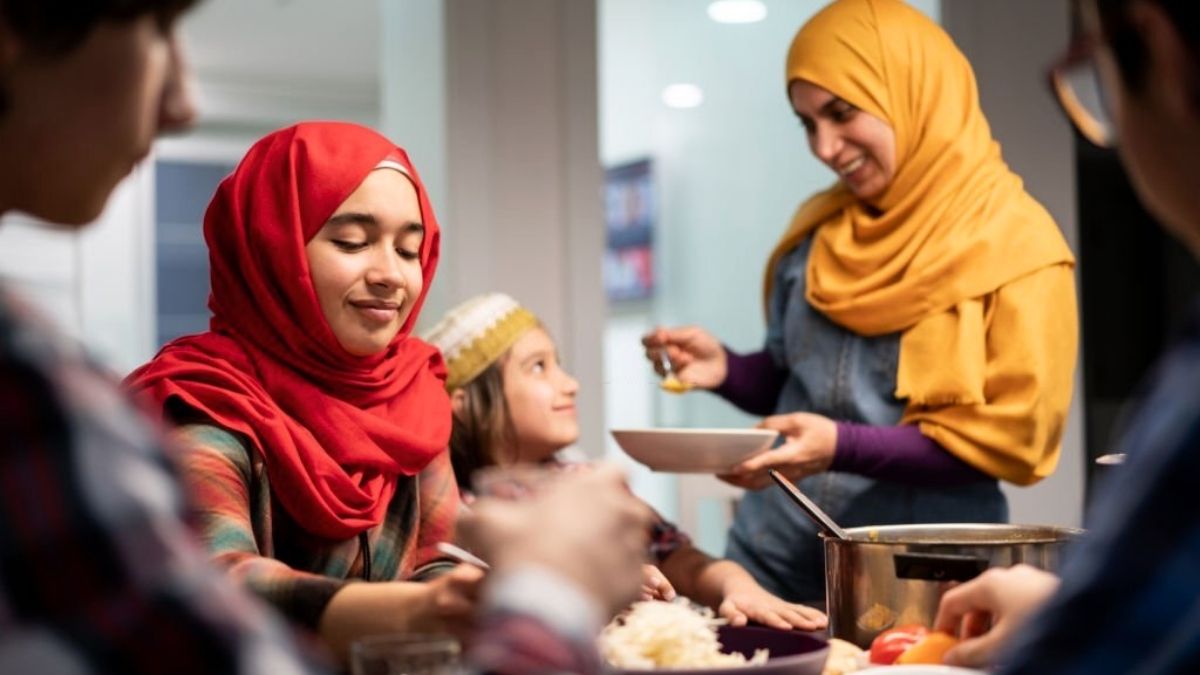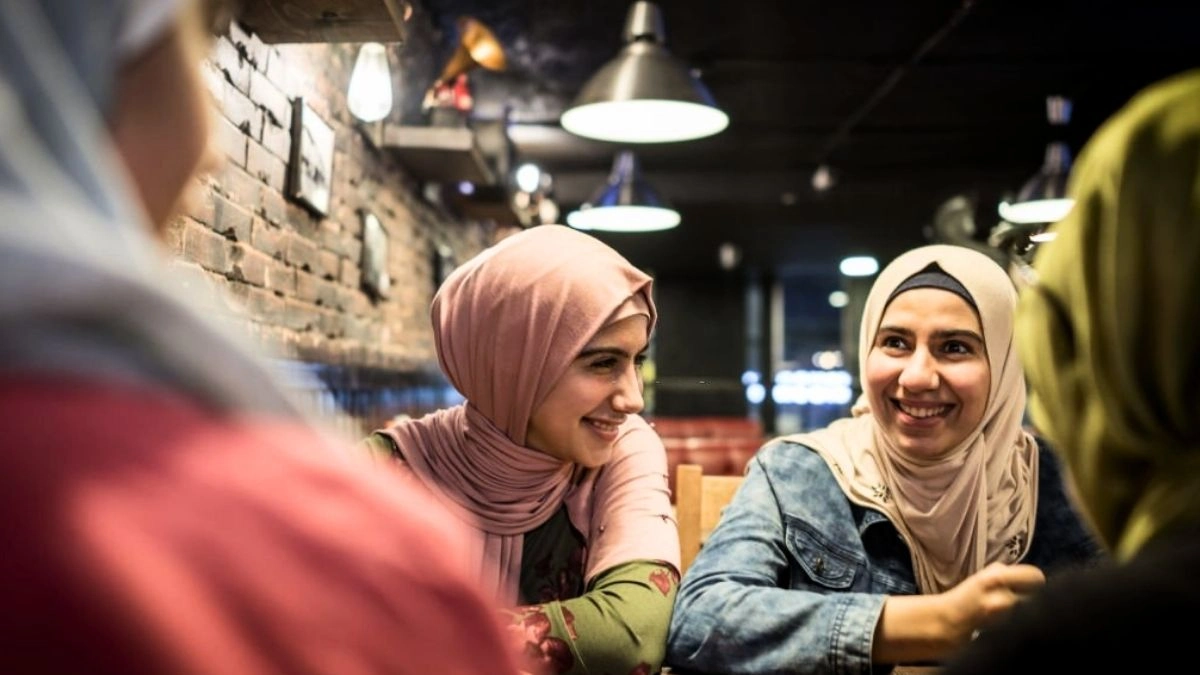Article
Ramadan 2023 – 5 Rules To Follow In UAE

The Holy month of Ramadan has arrived and has ushered in a time of self-reflection, spiritual growth, and self-control for Muslims around the world. It’s the holiest month of the Islamic calendar, and for Muslims, it’s the occasion to strengthen one’s connection with God and embrace the value of compassion and generosity.
For those residing in UAE, Ramadan holds a special significance, as the culture and tradition of this middle eastern wonderland seamlessly blend with the spiritual significance of this holy month. But there are certain things you should refrain from if you are in the UAE during Ramadan.
In this post, we will discuss five rules you must follow in UAE to fully immerse yourself in the spirit of this sacred month.
5 Rules to Follow During the Holy Month
From eating in public to wearing modest clothes, there are specific rules and restrictions UAE residents are required to follow during Ramadan. Below, we have discussed these rules in detail:

Rule 1: No Eating Or Drinking During In Public
It’s the first rule you must adhere to if you are in Dubai during Ramadan – you must not eat and drink in public or be penalized.
Eating or drinking in public during daylight hours is strictly prohibited; failing to follow it attracts a fine of up to AED 2000 per article 313 of the UAE penal code.
Interestingly, the rule also applies to chewing gum; therefore, be careful. That said, Dubai offers some relaxation in this rule – many malls in Dubai serve food during the daylight hours as long as it remains indoors as well as in designated places. Therefore, if you don’t fast, you can visit these places to eat and drink.
Rule 2: No Aggressive Behaviour Or Violent Action
Ramadan and fasting are all about self-control and peace. While respecting each other is something you must always adhere to, it takes a whole new meaning during the holy month of Ramadan.
Fasting or not, residents and visitors alike are advised to be respectful and avoid arguments, and harsh or erratic behavior, especially in public places.
It’s so much disliked during Ramadan that if you are caught creating a scene in public, you might end with a hefty fine or jail time.
Rule 3: No Loud or Disruptive Activity, Such As Dancing & Music, In Public
As we said earlier, Ramadan is all about self-retrospection; therefore, Muslims pray, recite the Quran, and do other religious activities. Therefore, anything that disturbs Ramadan’s calm and serene environment is prohibited during the month.
Therefore, those residing in the UAE are requested to refrain from dancing or playing loud music in public, like in cars, etc. However, there’s no restriction on calmly listening to music over headphones.
Rule 4: No In Appropriate Clothing In Public
UAE’s culture heavily emphasizes modesty, and revealing clothes is always discouraged. And during the month of Ramadan, it’s especially considered a big offense to put on clothing that is not appropriate per the Emirati culture.
Therefore, residents are expressly advised to wear modest clothes in public during the holy month. Per the rule, men and women alike are required to wear clothes that cover their entire bodies.
Rule 5: Graciously Accept Gifts & Iftar Invitations
If Ramadan teaches us anything, it is humbleness, caring for others, respecting human values, and inculcating peace and happiness in the community. Celebrating the true spirit of Ramadan, families and friends gather for a meal each day to break the fast called iftar.
It’s about eating dates, sipping water, and enjoying other delicacies. Also, guests are an integral part of iftar, and families across UAE invite friends and neighbors to enjoy the iftar meal together.
Therefore, it is advised to graciously accept gifts or iftar invites from Muslim friends or colleagues. While refusing it won’t attract any penalty, turning down a warm invitation for meal sharing or a gift on an auspicious occasion is considered a bad practice in Emirati culture.
Note
You may not be a Muslim or observe the holy month of Ramadan, but if you are in UAE, you are expected to respect the spirit of the sacred month.
Following these rules and refraining from prohibited activities will be an excellent opportunity for you to embrace the actual values of Ramadan. Likewise, adhering to these rules will help you develop a sense of belonging and unity with the community.
Frequently Asked Questions
Ramadan is a holy month that begins with the sighting of the moon and lasts 29 or 30 days.
Muslims fast during Ramadan and refrain from eating or drinking from dawn to dusk. At sunset, they break fast with dates, water, and other food items – this meal is called iftar.
Every healthy Muslim male and female are required to fast during Ramadan.
Rules are in place to respect the country’s religious traditions and instill respect for Ramadan’s values.